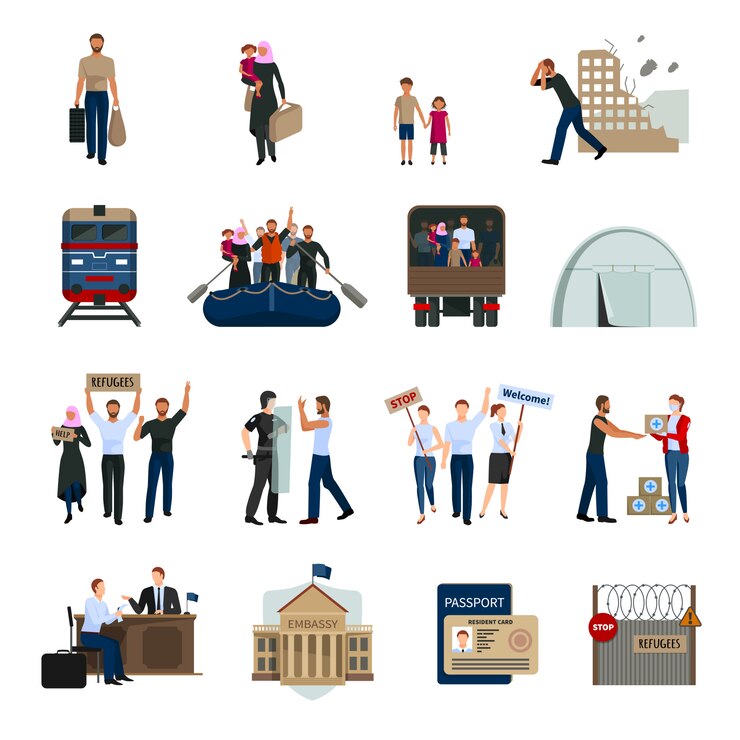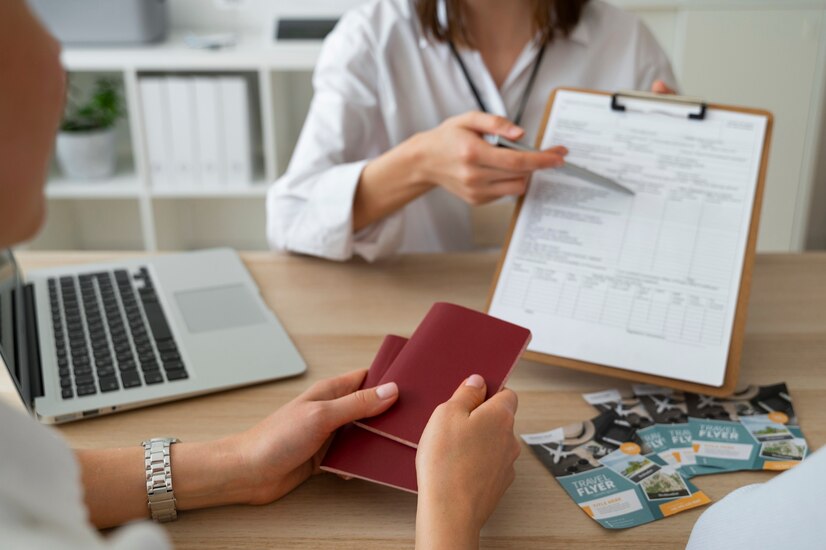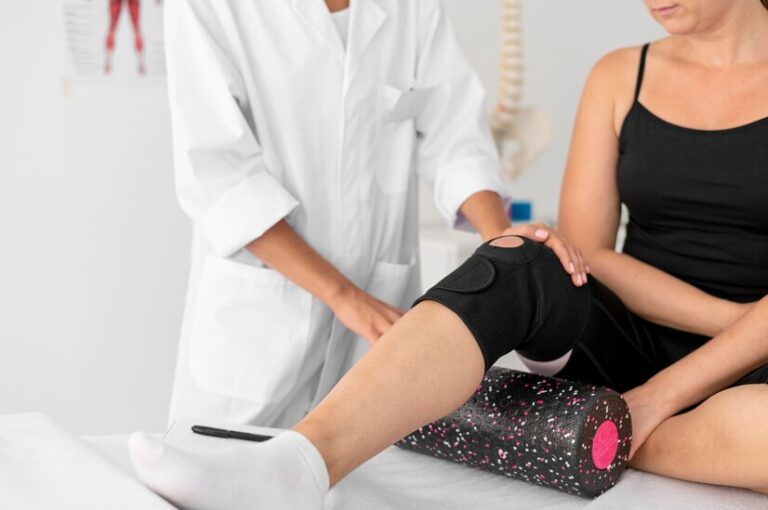Navigating the Legalities of Traveling with CBD Domestically
Table of Contents
CBD has become a staple in the wellness routines of millions of Americans, offering relief from anxiety, pain, and sleep disturbances. But what happens when your travel plans take you across state lines? While cbd roll on for pain is federally legal under specific conditions, the legalities of traveling with it domestically can be surprisingly complex.
Whether you’re planning a road trip, flying to another state, or simply want to bring your favorite CBD tincture to a family gathering, this guide will help you understand what’s permitted and what risks to avoid when Legalities of Traveling with CBD in the U.S.
Understanding CBD and Federal Law

Before diving into travel concerns, it’s important to know where CBD stands legally. Under the 2018 Farm Bill, hemp-derived CBD products containing less than 0.3% THC are federally legal. However, not all CBD products fall into this category, and state laws can differ significantly.
The legalities of traveling with CBD vary because while federal law provides a general guideline, states can enforce stricter rules—particularly around THC content and how CBD is marketed (e.g., for medical vs. recreational use).
Traveling by Air with CBD

If you’re flying domestically within the U.S., you’re in luck—the TSA allows hemp-derived CBD as long as it adheres to the federal THC threshold of 0.3% or less. However, there are a few things to keep in mind:
- Carry documentation: Bring proof of purchase and a third-party lab report if available.
- Follow liquid limits: CBD oils and tinctures must follow TSA’s 3.4-ounce rule for carry-ons.
- Avoid vaping devices: While vape pens are legal, many airlines and airports restrict or ban them entirely.
Even though TSA’s priority is not drug enforcement, they do report any suspected illegal substances to local law enforcement.
Traveling by Car or Train with CBD

(Legalities of Traveling) If you’re traveling by car or train across multiple states, you’ll want to do a bit more homework. While CBD may be legal federally, individual states may treat it differently, especially if the product contains even trace amounts of THC.
Tips for Safe Ground Travel:
- Check each state’s laws: States like Idaho and South Dakota have stricter CBD regulations.
- Keep CBD in its original packaging: This helps verify that it’s hemp-derived and under 0.3% THC.
- Don’t store it in a way that could raise suspicion: Keep CBD with your toiletries, not hidden in bags.
Legalities of Traveling by Amtrak? Currently, Amtrak does not allow passengers to bring cannabis or CBD products on board, regardless of federal legality.
CBD Labeling and Lab Reports: Why They Matter
One of the biggest issues when discussing the legalities of traveling with CBD is mislabeling. Many products claim to be THC-free or “legal in all 50 states” but don’t meet federal or state standards.
Always opt for products with:
- Clear labeling of CBD and THC content
- QR codes or links to third-party lab test results
- Batch numbers and manufacturer information
Having these details can make a huge difference if law enforcement or TSA agents question the product.
State-Specific Considerations (Legalities of Traveling)
Here are examples of states with strict or unclear rules:
- Idaho: CBD must contain zero THC, not just under 0.3%.
- South Dakota: Legal gray area—CBD was only recently decriminalized.
- Nebraska: Law enforcement discretion may lead to confusion, even if CBD is technically legal.
Research is key—don’t assume legality just because you’re staying within U.S. borders.
FAQs About the Legalities of Traveling with CBD

1. Can I fly with CBD gummies or capsules?
Yes, as long as they are hemp-derived and contain less than 0.3% THC. Make sure to keep them in original packaging for verification.
2. What happens if TSA finds CBD in my bag?
TSA doesn’t actively search for CBD or cannabis but may refer any suspicious items to local law enforcement. If your product is compliant, you should be fine.
3. Is it safer to check CBD products or carry them on?
Carrying them on is often safer because you can answer any questions directly. Just adhere to the TSA’s liquid restrictions.
4. Can I bring CBD vape cartridges on a plane?
You can bring vape cartridges in your carry-on (not checked luggage), but you cannot use them in airports or on planes. Be aware that some airports and states prohibit them entirely.
5. Should I bring a doctor’s note or prescription?
If you’re using CBD medically, bringing documentation can be helpful, especially in states with strict laws. However, it’s not usually required for travel.
Final Thoughts
Navigating the legalities of traveling with CBD domestically may seem daunting at first, but with a little preparation, it can be done safely and legally. Always research local laws, carry proper documentation, and stick to federally compliant products. As public awareness grows and regulations evolve, traveling with CBD is becoming more common—but staying informed is key to a hassle-free experience.
Whether you’re on the road for business, vacation, or personal reasons, knowing how to pack and transport your CBD products legally ensures that wellness remains a part of your journey.







